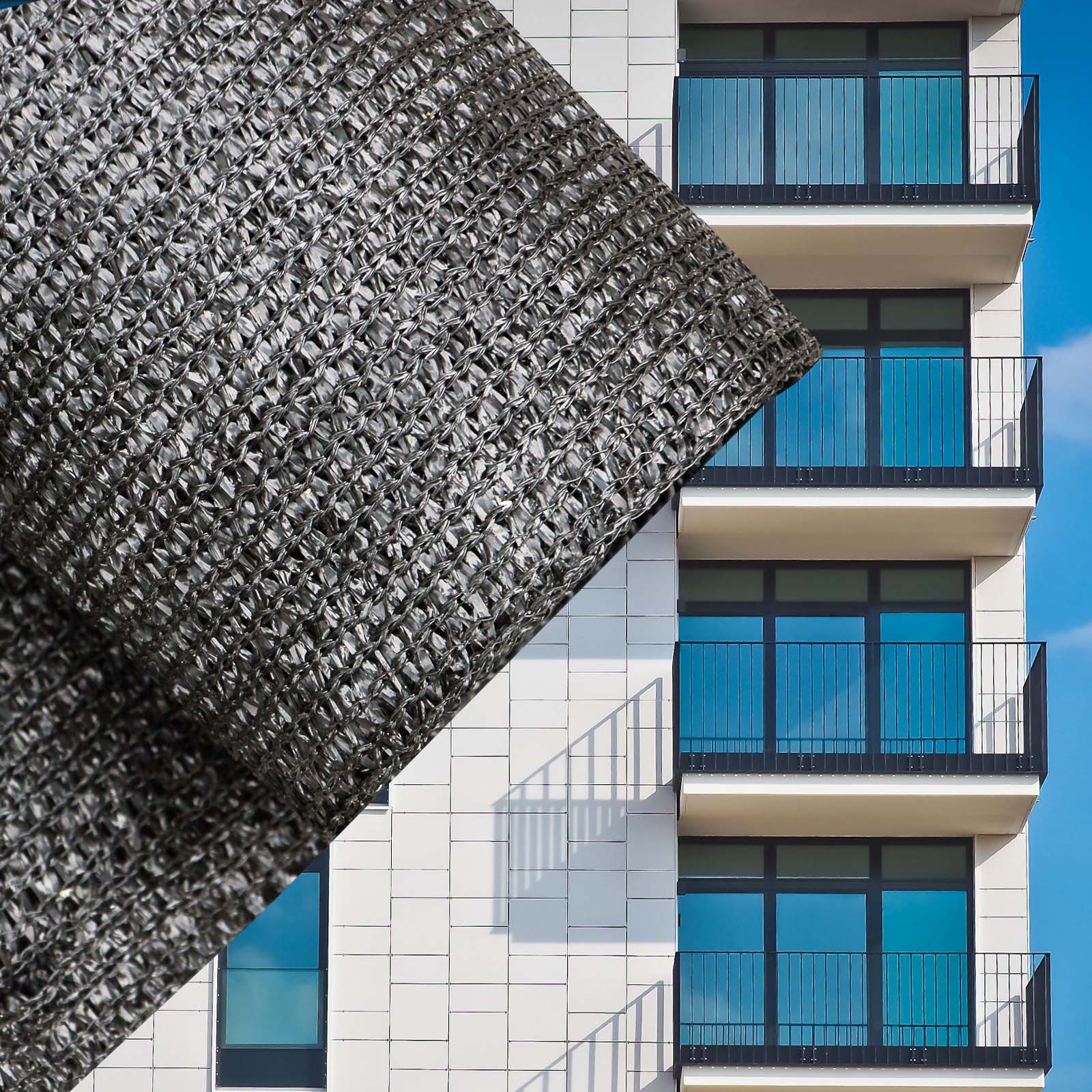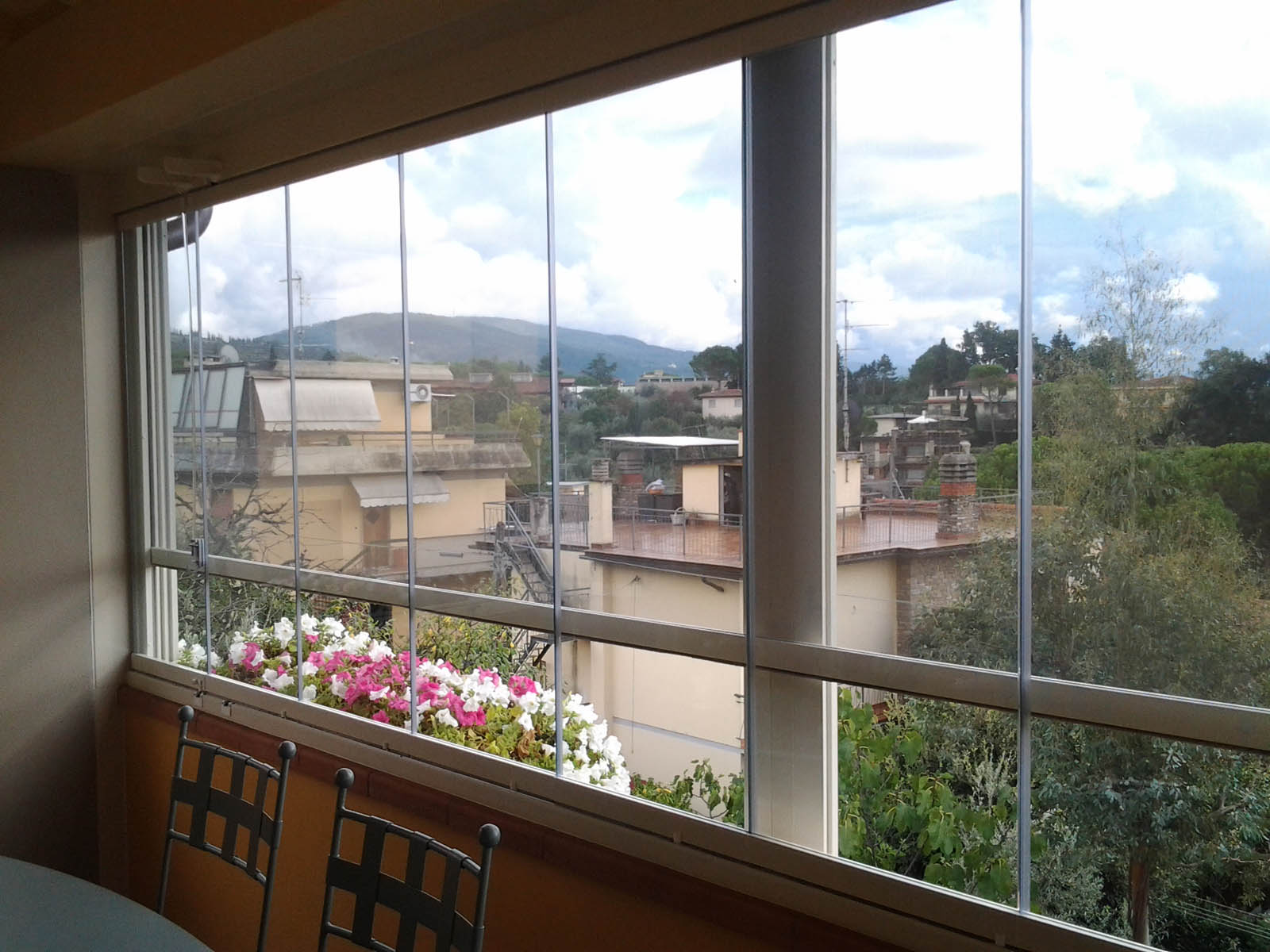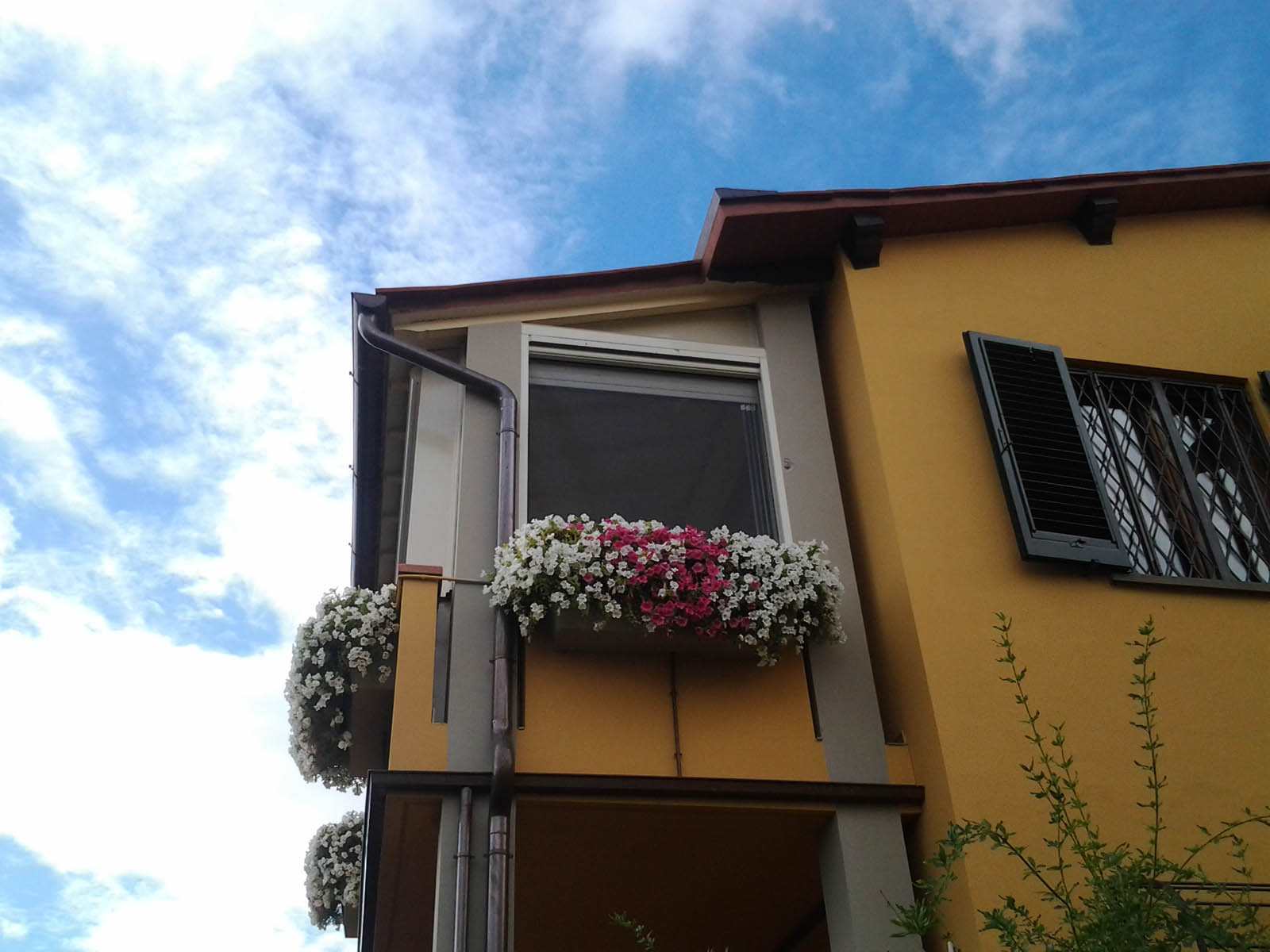Balcony Mesh Screen: Creating A Safe And Serene Outdoor Retreat
Detail Author:
- Name : Prof. Esta Marks
- Username : thaddeus.parker
- Email : nitzsche.ryan@jast.com
- Birthdate : 1995-01-16
- Address : 49284 Elmira Harbors South Lottie, AL 69674
- Phone : (714) 847-4432
- Company : Harris, Bergstrom and Abbott
- Job : Computer Science Teacher
- Bio : Recusandae cum explicabo ut provident quaerat. Explicabo vitae accusamus odit est rerum est ex.
Socials
facebook:
- url : https://facebook.com/ashlyheathcote
- username : ashlyheathcote
- bio : Recusandae amet itaque sint aut sint. Quibusdam sunt ipsum id voluptatem.
- followers : 6901
- following : 1651
instagram:
- url : https://instagram.com/heathcote2020
- username : heathcote2020
- bio : Ipsa cupiditate distinctio incidunt quo rem. Ut et est nam ut adipisci.
- followers : 6676
- following : 2070
twitter:
- url : https://twitter.com/ashly.heathcote
- username : ashly.heathcote
- bio : Ea voluptatum a vel perferendis voluptatibus. Facilis aut quaerat quibusdam aliquam nam qui.
- followers : 940
- following : 2557
linkedin:
- url : https://linkedin.com/in/ashly.heathcote
- username : ashly.heathcote
- bio : Voluptates sit tenetur quia eius sed.
- followers : 4985
- following : 642
Imagine stepping out onto your balcony, a peaceful haven just beyond your living space. For many of us, this little outdoor spot is a cherished part of our home, a place where we can truly unwind. Yet, sometimes, concerns about safety, curious pets, or even bothersome insects can keep us from enjoying these spaces to their fullest. This is where a well-chosen balcony mesh screen can make a very real difference, transforming an underused area into a secure and pleasant extension of your home. It’s about making sure your outdoor moments are truly relaxing, without a worry in the world, you know?
A balcony, you see, is not quite like a wide-open sidewalk; its access is often quite limited, essentially tied to what the building itself offers. So, making that restricted space as safe as possible becomes a big priority. Whether it's a cozy spot on the 20th floor of a new apartment building, or perhaps a larger area meant for taking a breath of fresh air during a meeting or even hosting a small gathering with a glass of wine, the purpose remains the same: it's your personal slice of the outdoors. And, that's where thinking about a good mesh screen comes into play, actually.
For quite some time, people have been looking for ways to make these exterior spots safer and more useful. From those teaching about deck codes for years to folks just trying to figure out if their small "Romeo and Juliet" balcony needs something extra, the conversation always turns to how to best protect these areas. A balcony mesh screen, then, becomes a really simple yet effective answer for many of these common worries, offering a layer of protection that can bring a lot of peace of mind, too it's almost.
Table of Contents
- Why Consider a Balcony Mesh Screen?
- More Than Just a Barrier: Types and Materials
- Installation Insights: What to Know
- Choosing the Right Screen for Your Space
- Maintaining Your Mesh Screen for Lasting Enjoyment
- Frequently Asked Questions About Balcony Mesh Screens
Why Consider a Balcony Mesh Screen?
A balcony, as we know, is an outdoor spot, a place that can be a real blessing for fresh air. Yet, this very openness can sometimes bring concerns. From the very practical side of things, a mesh screen provides a simple solution to many common issues people face with their outdoor areas. It helps turn a potentially risky spot into one that feels completely secure, which is pretty important, honestly.
Safety for All Family Members
One of the biggest reasons people look into a balcony mesh screen is for peace of mind regarding safety. Think about a second-floor lunch area balcony at a school, for example; young ones are often very curious, and any open space can be a worry. A mesh screen acts as a protective shield, helping prevent accidental falls, which is a big deal, really. It gives parents and caregivers a sense of calm, knowing their children are safer when playing or just enjoying the fresh air on the balcony.
It's not just about children, though. Our furry friends, especially cats, often love to explore high places. A balcony can be a fascinating, yet dangerous, spot for them. A sturdy mesh screen can keep pets from slipping through railings or trying to chase after birds, keeping them safely contained within your outdoor space. This means you can let them enjoy the breeze without constant supervision, which is quite nice.
Even for adults, having that extra barrier can be comforting. If you have a larger balcony, perhaps one that's a good size like 2224 square feet, where people might gather for an event or just to relax, knowing there's a secure boundary can make everyone feel more at ease. It just adds that layer of reassurance, you know?
Keeping Out Unwanted Guests
Beyond safety from within, a mesh screen also helps with keeping things out. Pesky insects, like mosquitoes or flies, can really spoil a lovely evening spent outdoors. A fine mesh acts as a physical barrier, allowing you to enjoy your balcony without constantly swatting away bugs. This means you can truly relax, maybe even enjoy a glass of wine out there, without those tiny invaders bothering you, which is a relief.
Depending on where you live, you might also have concerns about birds or other small critters. A mesh screen can deter them from nesting on your balcony or leaving messes behind. It helps keep your outdoor space cleaner and more inviting, making it a more pleasant spot to spend time, that's for sure.
Enhancing Comfort and Privacy
A balcony is often a place for a quiet moment, maybe to breathe some fresh air when taking a break. A mesh screen can contribute to this sense of comfort in a few ways. Some mesh types offer a slight visual barrier, giving you a bit more privacy from neighboring buildings or passersby. This can be particularly welcome if your balcony faces a busy area or is quite close to other units, just a little bit of seclusion, perhaps.
Also, a screen can help reduce the impact of strong winds, making your balcony a more comfortable spot on blustery days. While not a complete windbreak, it can soften the breeze, making it easier to enjoy your time outdoors. It's about creating a more enjoyable environment overall, you see.
More Than Just a Barrier: Types and Materials
When you start looking into balcony mesh screens, you'll find there's a good variety available. The choice often comes down to what you need it for, how much visibility you want, and how durable it needs to be. It's not just a one-size-fits-all thing, apparently.
Different Mesh Materials
Mesh screens come in various materials, each with its own strengths. For instance, some are made from tough, high-density polyethylene (HDPE), which is very strong and can stand up to a lot of wear and tear from the weather. This kind of material is often chosen for its durability and resistance to UV rays, meaning it won't break down easily in the sun. It's a pretty reliable choice, honestly.
Other screens might use stainless steel or aluminum mesh. These are incredibly strong and offer excellent protection, particularly for pet safety where a very sturdy barrier is needed. They tend to be more expensive but offer a long lifespan and a sleek look. For places like a high-rise apartment on the 20th floor, where durability against wind and elements is key, these metal options are often a good fit, you know.
There are also fiberglass options, which are lighter and often more affordable. These are good for insect protection and offer good visibility, though they might not be as robust against impacts as the other materials. It really depends on your primary concern, that's for sure.
Various Screen Styles
Beyond the material, the way the screen is designed matters. You can find roll-up screens, which are convenient if you want to open up your balcony completely at times. These are often manually operated or can even be motorized for ease of use. They're very versatile, in a way.
Fixed screens offer a permanent barrier, providing constant protection. These are often custom-fitted to your balcony's exact dimensions, even for complex shapes like an L-shaped building where the balcony might terminate at an inside leg. This ensures a seamless and secure enclosure, making it feel like a natural part of the building, sort of.
There are also sliding panel systems, which offer flexibility, allowing you to open sections of the screen as needed. These can be particularly useful for larger balconies or those that serve multiple purposes, like a place for events and also quiet breaks. They offer a lot of control over how much of your outdoor space is open or enclosed, which is quite handy.
Installation Insights: What to Know
Getting a balcony mesh screen put in place involves a few considerations. It's not always as simple as just putting up a fence, especially when you think about how a balcony's egress is restricted to what the building provides. The installation needs to respect the structure and any existing features, you know?
DIY or Professional Help?
For smaller, simpler balconies, especially those with very straightforward designs, some people might consider a do-it-yourself approach. There are kits available that can be more or less straightforward to install. However, for anything that involves specific building codes, or if your balcony has a unique shape, like that L-shaped one, getting professional help is often a very good idea. They understand how these outdoor areas are subject to various regulations, like Section 1004.5, and can ensure the screen is installed safely and correctly, which is really important.
Professionals also have the right tools and experience to work with different building materials and can ensure the screen is securely attached, even considering things like how a balcony might need to be a certain height above the ground. This can prevent issues down the line and gives you confidence in the screen's integrity, that's for sure.
Considering Your Balcony's Layout
Every balcony is a little different. Some might have an exterior door that opens directly into a room, while others are accessed only from within an individual dwelling unit, like a new apartment on the 20th floor. The screen installation needs to account for these access points and ensure that it doesn't hinder any necessary movement or emergency egress, should it ever be needed. While a balcony's egress is restricted, any additions should not make it even more so, you know?
Even small balconies, perhaps those below 20 square feet that might still require a receptacle, need careful planning for screen installation. The screen should fit snugly, leaving no gaps where curious pets or small children could slip through. It's about a custom fit for maximum safety and effectiveness, more or less.
Choosing the Right Screen for Your Space
Picking the best balcony mesh screen involves thinking about your specific needs and the particular characteristics of your outdoor area. It's not just about picking something that looks nice; it's about functionality and compliance, too.
Size and Shape Matters
As mentioned, balconies come in all sorts of sizes and configurations. A very large balcony, say one that's 2224 square feet, will need a different approach than a small "Romeo and Juliet" type balcony. For bigger spaces, you might consider multiple panels or a robust frame system to ensure stability. For smaller ones, a simpler, perhaps custom-fitted, solution might be enough. The screen needs to cover the entire open area effectively, leaving no vulnerable spots, which is quite key.
The shape of your balcony also plays a big role. An L-shaped balcony, for instance, or one that has unusual angles, will require a screen that can be precisely cut and installed to match those contours. This often means custom fabrication rather than off-the-shelf options, ensuring a secure and aesthetic fit, that's for sure.
Building Regulations and Rules
It's really important to remember that balconies, like other exterior projections such as cornices or eave overhangs, are subject to building requirements. This is something that people with years of experience teaching deck codes often emphasize. Before installing any permanent structure, it's always a good idea to check with your building management or local authorities about any rules or permits needed. For example, if your roof is considered an egress balcony for a penthouse, there might be very specific rules about what can be added, according to codes like 2016 CBC/IBC 1021.1 and 1021.4. This ensures your screen is not only safe but also fully compliant, which is very important, actually.
Some buildings might have restrictions on the type of material, color, or how much the screen can change the building's exterior appearance. Getting this information upfront can save you a lot of trouble and make sure your balcony mesh screen project goes smoothly. You can often find general guidelines on building safety and outdoor structures from resources like the National Fire Protection Association, though local codes will always be the final word, you know.
Also, if your building is locked up and the balcony is only accessed from within, as is often the case, you'll want to ensure the screen doesn't accidentally create a fire hazard or block any emergency access points, even if they're not primary egress routes. It's about being thoughtful about all possibilities, you see.
Maintaining Your Mesh Screen for Lasting Enjoyment
Once your balcony mesh screen is installed, keeping it in good shape is pretty simple. Regular cleaning will help it look its best and last longer. A gentle wash with soapy water and a soft brush can remove dust, pollen, and any grime that might accumulate. For tougher stains, always check the manufacturer's recommendations, as different materials might need different care. It's a bit like taking care of anything else around the house, really.
Periodically, it's a good idea to inspect the screen for any signs of wear and tear, like small tears in the mesh or loose fastenings. Addressing these minor issues early can prevent them from becoming bigger problems later on. For example, if you notice a small tear, a repair kit designed for your specific mesh material can often fix it quickly. This helps maintain the screen's effectiveness and ensures it continues to provide the safety and comfort you installed it for, which is quite useful.
If you live in an area with harsh weather conditions, like very strong winds or heavy snowfall, you might want to give your screen a bit more attention after these events. Just a quick check can make sure everything is still secure. A well-maintained balcony mesh screen will keep your outdoor space a safe and inviting spot for years to come. You can learn more about outdoor living solutions on our site, and find tips on how to enhance your home's exterior on this page home exterior improvements.
Frequently Asked Questions About Balcony Mesh Screens
Q: Are balcony mesh screens allowed in all apartment buildings?
A: Not always. Many apartment buildings, especially those with homeowners' associations or strict architectural guidelines, have specific rules about what can be installed on balconies. It's always a very good idea to check with your building management or HOA before you start any installation project. They might have guidelines on material, color, or even the type of screen permitted, which is important to know.
Q: How long do balcony mesh screens typically last?
A: The lifespan of a balcony mesh screen really depends on the material it's made from, the quality of the installation, and the local weather conditions. High-quality materials like stainless steel or durable HDPE can last for many years, sometimes even a decade or more, with proper care. Lighter materials might need replacing sooner. Regular cleaning and checking for damage can help extend its life, you know.
Q: Can a balcony mesh screen completely block out sunlight?
A: Generally, no, a mesh screen won't completely block out sunlight. Its primary purpose is to provide a barrier while still allowing air and some light to pass through. The amount of light reduction will vary depending on the mesh density and color. Darker, denser meshes might offer a bit more shade than lighter, more open ones. If significant sun blockage is your main goal, you might also consider adding a separate shade solution, like an awning, which is a different thing entirely, really.

Balcony Screen Mesh Fence Weatherproof Ventilated Balkon Aperture Ties

Balcony with mesh and screen fabric - PALAGINA

Balcony with mesh and screen fabric - PALAGINA